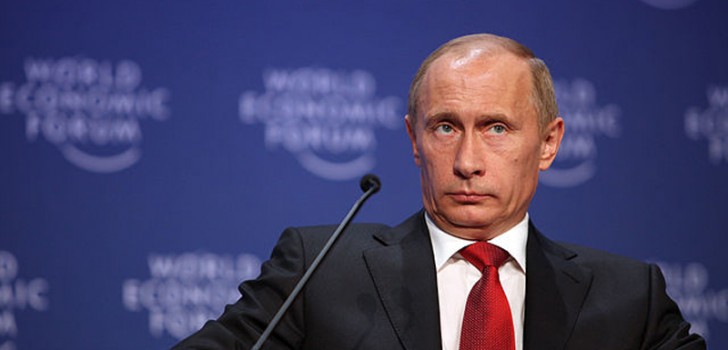Russian President Vladimir Putin has signed a law that enables Russian courts to overturn international court rulings on the country’s human rights abuses and financial misdealings.
The law is aimed specifically at the Strasbourg-based European Court of Human Rights (ECHR) and says Russian courts can decide for themselves if rulings made by the court are “unconstitutional”.
Activist group Human Rights Watch says Putin’s law is designed to stop victims of human rights violations in Russia finding justice through international bodies.
The group warns the new bill “could have widespread consequences”, giving as an example Russia now being able to ignore last week’s ECHR ruling which found Russia’s surveillance laws lacked sufficient abuse safeguards.
Some financial experts say the law will also enable Russian companies to ignore fines handed down by international courts. They cite the 2014 ECHR ruling where Russia paid a $2.09 billion award to shareholders of the now defunct Yukos oil company.
The ECHR received 218 complaints against Russia in 2014 and found 122 cases in which Moscow had broken the European Convention on Human Rights. This included the deportation of Georgian citizens in 2006 and the imprisoning of defendants in metal cages during court hearings.
Russia’s parliament unanimously approved the bill and the head of the Russian Constitutional Court, Valery Zorkin, says, “Russia is still in favour of dialogue” if there is public opposition to the new law.
“I don’t see any problem there, I think that people are worrying for nothing,” Zorkin said.
Although the new laws allow the Russian constitution to take priority over international law, because Russia is part of the Vienna Convention on the Law of Treaties, it cannot theoretically relieve the Russian government of its legal obligations to carry out rulings of international human rights bodies established by international treaties.
Stay Connected